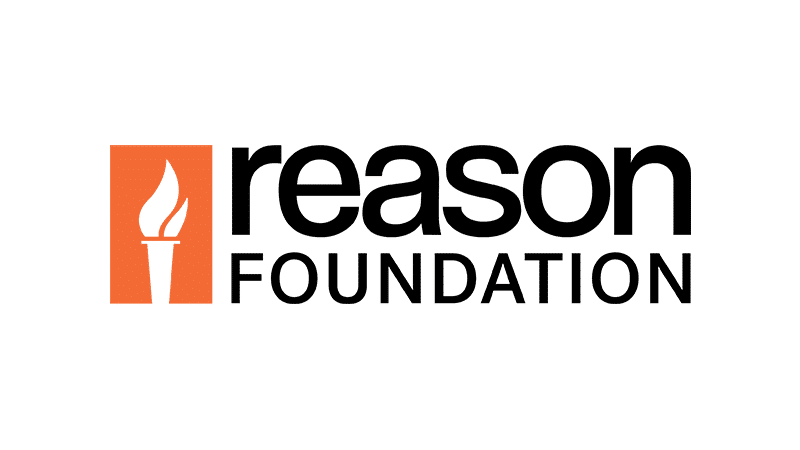-
North Carolina Ranks 17th in the Nation in Highway Performance and Cost-Effectiveness
North Carolina’s best rankings are in total disbursements per mile, capital and bridge disbursements per mile and maintenance disbursements per mile.
-
Rural Interstate Pavement Condition — 24th Annual Highway Report
In 2016, about 1.96 percent of U.S. rural Interstates— 566 miles out of 28,820—were reported to be in poor condition.
-
Wyoming Ranks 11th in the Nation in Highway Performance and Cost-Effectiveness
Wyoming’s best rankings are traffic congestion, overall disbursements and rural arterial pavement condition.
-
Vermont Ranks 19th in the Nation in Highway Performance and Cost-Effectiveness
Vermont’s best rankings are rural Interstate pavement condition, urban Interstate pavement condition and urban fatality rate.
-
Oklahoma Ranks 41st in the Nation in Highway Performance and Cost-Effectiveness
Oklahoma’s best rankings are in urban area congestion, rural fatality rate and capital and bridge disbursements per mile.
-
Urbanized Area Traffic Congestion
In 2017, the average annual peak hours spent in congestion in the urbanized areas across the United States was 34.77 hours.
-
Tennessee Ranks 7th in the Nation in Highway Performance and Cost-Effectiveness
Tennessee’s best rankings are in structurally deficient bridges, rural Interstate pavement condition and urban arterial pavement condition.
-
Virginia Ranks 2nd in the Nation in Highway Performance and Cost-Effectiveness
Virginia’s best rankings are rural arterial pavement condition, urban fatality rate and capital and bridge disbursements per mile.
-
Iowa Ranks 31st in the Nation in Highway Performance and Cost-Effectiveness
Iowa’s best rankings are in urbanized area congestion, administrative disbursements per mile and urban fatality rate.
-
New Mexico Ranks 21st in the Nation in Highway Performance and Cost-Effectiveness
New Mexico’s best rankings are maintenance disbursements per mile, urban Interstate pavement condition and capital and bridge disbursements per mile.
-
Rhode Island Ranks 48th in the Nation in Highway Performance and Cost-Effectiveness
Rhode Island’s best rankings are in rural Interstate pavement condition, overall fatality rate and rural fatality rate.
-
New Jersey Ranks 50th in the Nation in Highway Performance and Cost-Effectiveness
New Jersey’s best rankings are in rural Interstate pavement condition, overall fatality rate and rural fatality rate.
-
Minnesota Ranks 22nd in the Nation in Highway Performance and Cost-Effectiveness
Minnesota’s best rankings are in overall fatality rate, urban fatality rate and rural fatality rate.
-
Rural Highway Fatality Rate
The nation’s rural highway fatality rate worsened from 1.58 in 2015 to 1.71 in 2016.
-
Florida Ranks 40th in the Nation in Highway Performance and Cost-Effectiveness
Florida’s best rankings are urban arterial pavement condition, rural arterial pavement condition and structurally deficient bridges.
-
Idaho Ranks 13th in the Nation in Highway Performance and Cost-Effectiveness
Idaho’s best rankings are capital and bridge disbursements per mile, urbanized area congestion and administrative disbursements per mile.
-
Washington Ranks 37th in the Nation in Highway Performance and Cost-Effectiveness
Washington’s best rankings are overall fatality rate, structurally deficient bridges and rural fatality rate.
-
Structurally Deficient Bridges
Of the 612,408 highway bridges reported, 54,254 (8.86 percent) were rated deficient for 2017.
